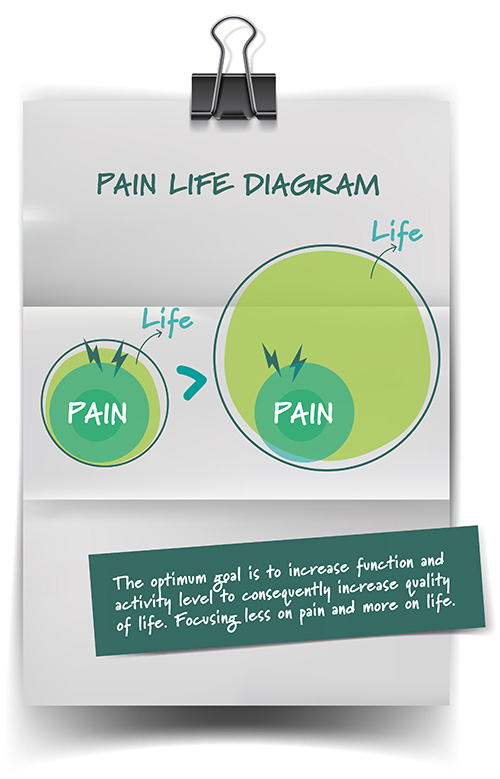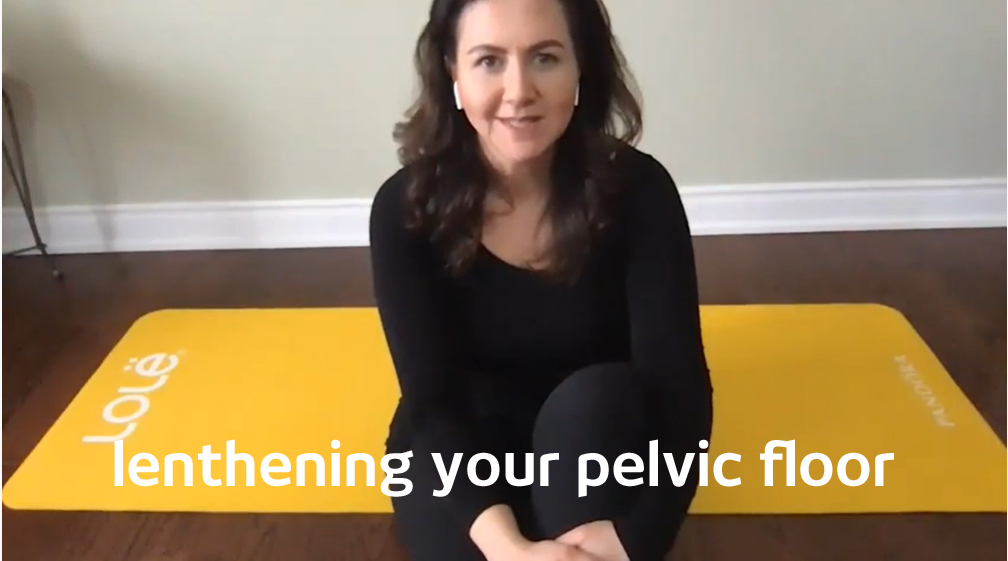Pain is a complex thing. It is an output of the brain and it is modulated by the nervous system. There are 2 different types of pain: Acute Pain and Chronic pain. Acute pain is a natural body defence mechanism, and is caused by tissue damage or a disease process. Chronic Pain is more complex. Usually, is a cause of an "excited" or up-regulated nervous system. The most successful way to treat chronic pain is to address the nervous system, and to learn strategies to help down- regulate it. You may need a multi-system and holistic approach to treat chronic pain.
Pelvic pain is pain experienced in the pelvis region. Chronic Pelvic Pain Syndrome or CPPS is persistent pain perceived in pelvic structures (over 6 months) where there is no proven infection or disease. CPPS can also be associated with behavioural, emotional and psychological changes as it affects the Nervous System. The area that the pain is perceived has become more sensitive and stimulated.
Some examples of CPPS:
- Bladder Pain Syndrome of IC
- Prostate Pain Syndrome or Chronic Prostatitis
- Vestibule Pain Syndrome or Vestibulodynea
Treatments that have an effect on the Nervous System can help with chronic pain, such as mindfulness, meditation and relaxation. Acupuncture also can treat the Nervous System; therefore can help treat chronic pain is some cases.
Physically, when you experience pain close to the pelvic floor muscles (such as on the vulva, bladder, prostate, lower back, pain with penetration etc...), the pelvic muscles can become uncoordinated and tensed. Pelvic Health Physiotherapists can help by assessing and treating the most often hyperactive pelvic floor muscles and the region around them. Gaining the understanding of how these muscles respond to pain can help control and reduce the pain level. Biofeedback can help increase pelvic floor muscle awareness and relaxation.
The optimum goal is to increase function and activity level to consequentially increase quality of life. Focusing less on pain and more on life.
If you experience pelvic pain, before you come to your Pelvic Floor Physiotherapy appointment it is recommended that you see a specialist in the area of Gynaecology, Uro-gynaecology or Urology to clear for other more serious conditions that could be causing the pain.






